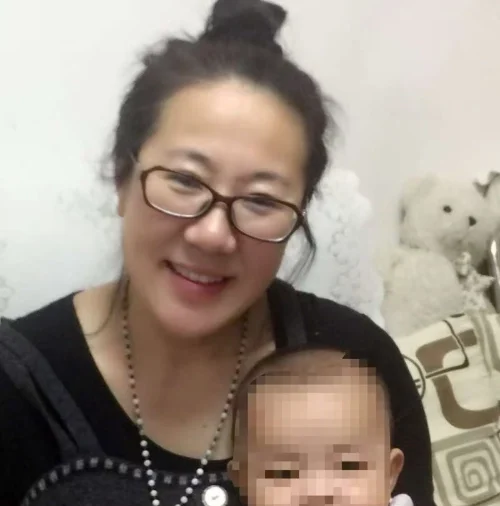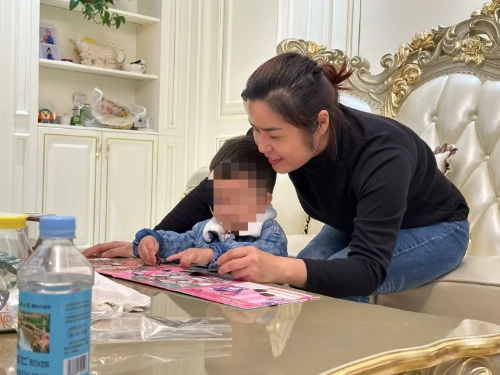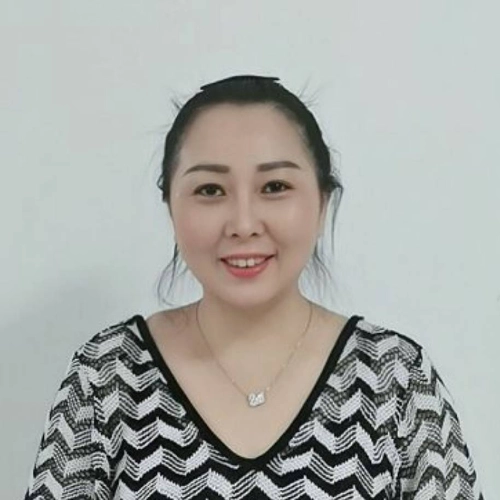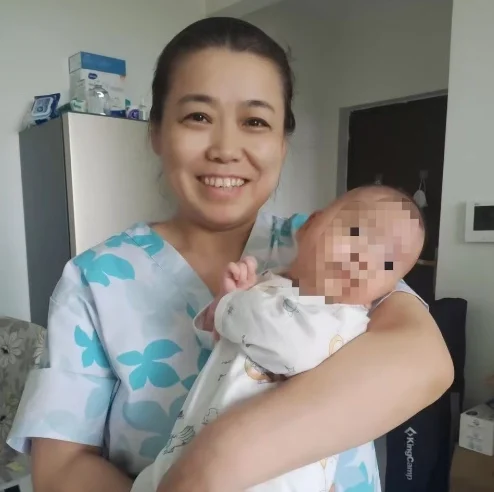Overseas nanny
-
Overseas confinement nanny -
Overseas nanny -
Overseas live-in nanny -
Overseas Butler -
Overseas Chefs -
Overseas Tutoring -

Aunt Chang
USA Overseas nannylearn more -

Teacher Song (has an EU visa, can cook, and can take care of Xiaobao)
Primary school mathematics teacher qualification certificate, international Chinese teacher qualification certificate, Au Pair program certificate, motor vehicle driver's license
Can make complementary food, can sleep with the baby, can drive, can do some simple cleaning
Southeast Asia Overseas nannylearn more -

Aunt Huang (with work card)
Senior health manager (national vocational skills certificate), national psychological counselor, early childhood education instructor, family education instructor, intermediate childcare worker (national vocational skills certificate), senior nanny (national vocational skills certificate), maternal and child care worker, senior public nutritionist (national vocational skills certificate), intermediate enterprise human resources manager (national vocational skills certificate), senior postpartum rehabilitation worker, lactation consultant, senior storage organizer, pediatric massage therapist, Chinese cook. Have a Hong Kong and Macau pass, passport, Taiwan pass. Ten-year US visa (work card), three-year Australian visa and UK and Canadian tourist visa
Language: Mandarin, Cantonese, basic English communication Food: Cantonese, Hunan, some pasta and desserts Cycling/driving: C-license car with 14 years of driving experience, international driver's license, excellent driving skills, and motorcycle driver's license Pets accepted: Accepted
USA Overseas nannylearn more -

Aunt Liu
Infant care, pediatric massage, complementary food addition, early childhood education development, bathing and massageAustralia Overseas nannylearn more -

Auntie Shan
Chinese food, pasta, nutrition, infant care, pediatric massage, psychological counseling, lochia observation, bathing massage, navel care, lactation, placenta capsule making, jaundice identification
New Zealand Overseas nannylearn more -

Aunt Xu
Chinese food, pasta, nutrition, postpartum recovery, postpartum fumigation, pediatric massage, psychological counseling, lochia observation, navel care, lactation, placenta capsule making, jaundice identification
New Zealand Overseas nannylearn more

